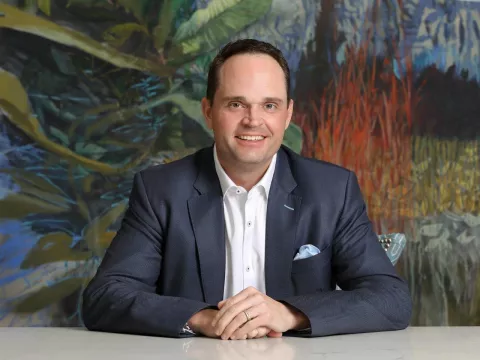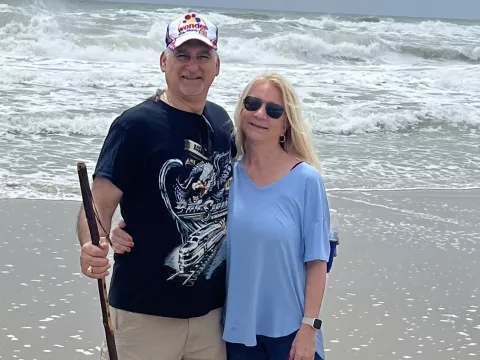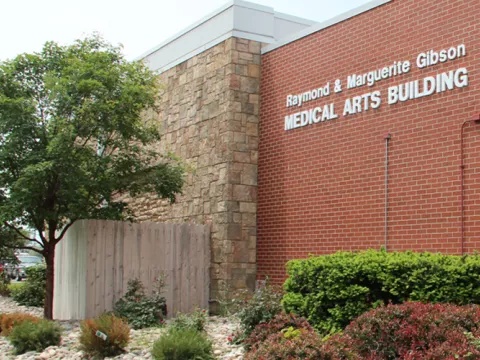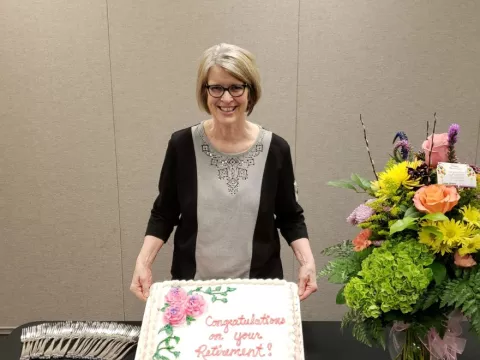- AdventHealth
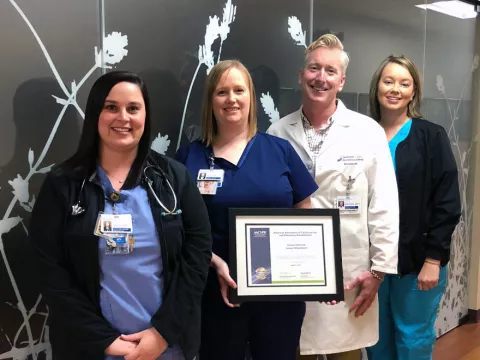
RMH is proud to announce the certification of its Cardiac Rehabilitation program by the American Association of Cardiovascular and Pulmonary Rehabilitation (AACVPR). RMH was recognized for its commitment to improving the quality of life by enhancing standards of care.
Cardiovascular and pulmonary rehabilitation programs are designed to help people with cardiovascular problems (e.g., heart attacks, coronary artery bypass graft surgery) and pulmonary problems (e.g., chronic obstructive pulmonary disease [COPD], respiratory symptoms,) recover faster and improve their quality of life. Both programs include exercise, education, counseling, and support for patients and their families.
The RMH Cardiac Rehab team participated in an application process that requires extensive documentation of the program’s practices. AACVPR Program Certification is the only peer-review accreditation process designed to review individual programs for adherence to standards and guidelines developed and published by AACVPR and other professional societies. Each program is reviewed by the AACVPR Program Certification Committee and Certification is awarded by the AACVPR Board of Directors.
AACVPR-certified programs are recognized as leaders in the field of cardiovascular and pulmonary rehabilitation because they offer the most advanced practices available. AACVPR Program Certification is valid for three years.
About AACVPR
Founded in 1985, the American Association of Cardiovascular and Pulmonary Rehabilitation is a multidisciplinary organization dedicated to the mission of reducing morbidity, mortality and disability from cardiovascular and pulmonary disease through education, prevention, rehabilitation, research and disease management. Central to the core mission is improvement in quality of life for patients and their families.
Recent News
Sam Huenergardt, president and chief executive officer of AdventHealth Mid-America Region, was named on Ingram's Top 250 Influential Business Leaders in 2024.
According to the American Heart Association, only one in 10 people survive an out-of-hospital cardiac arrest, so increasing the amount of people who know hands-only CPR is critical.

